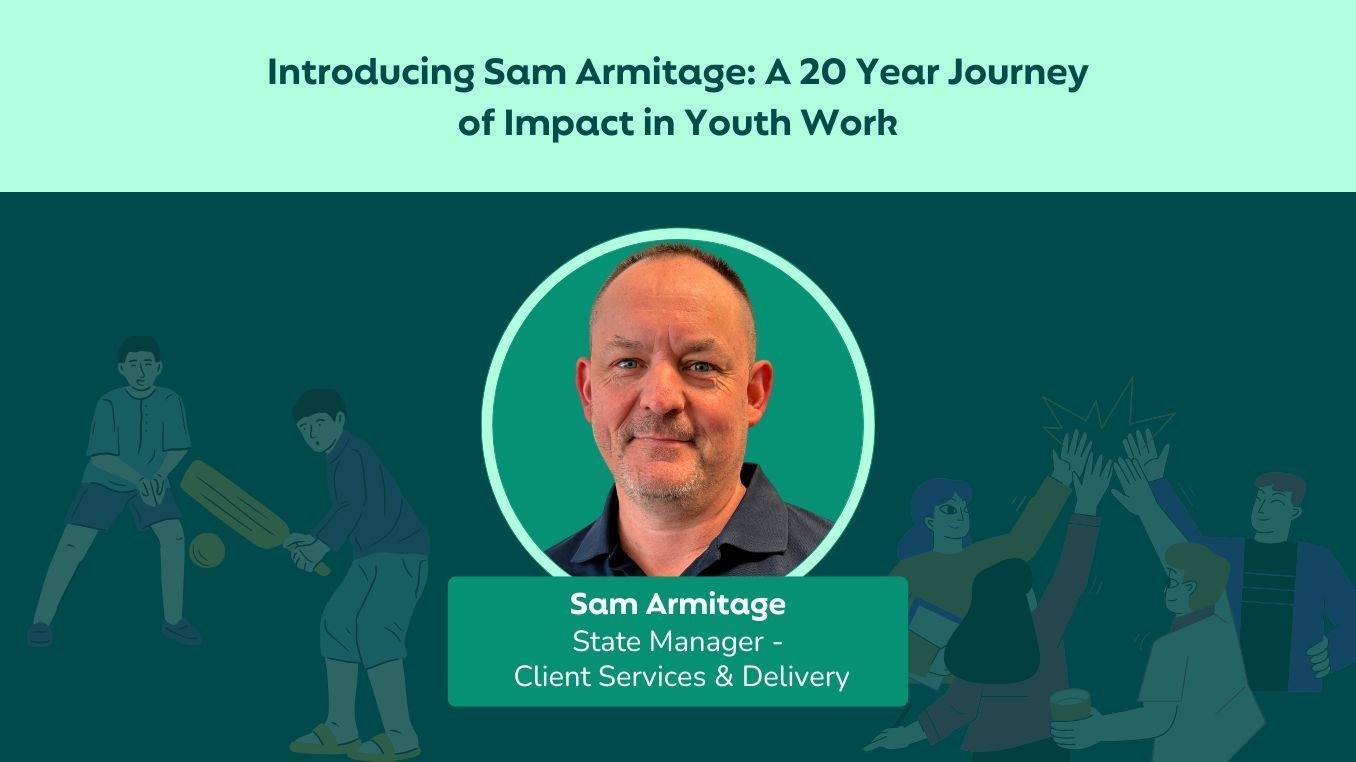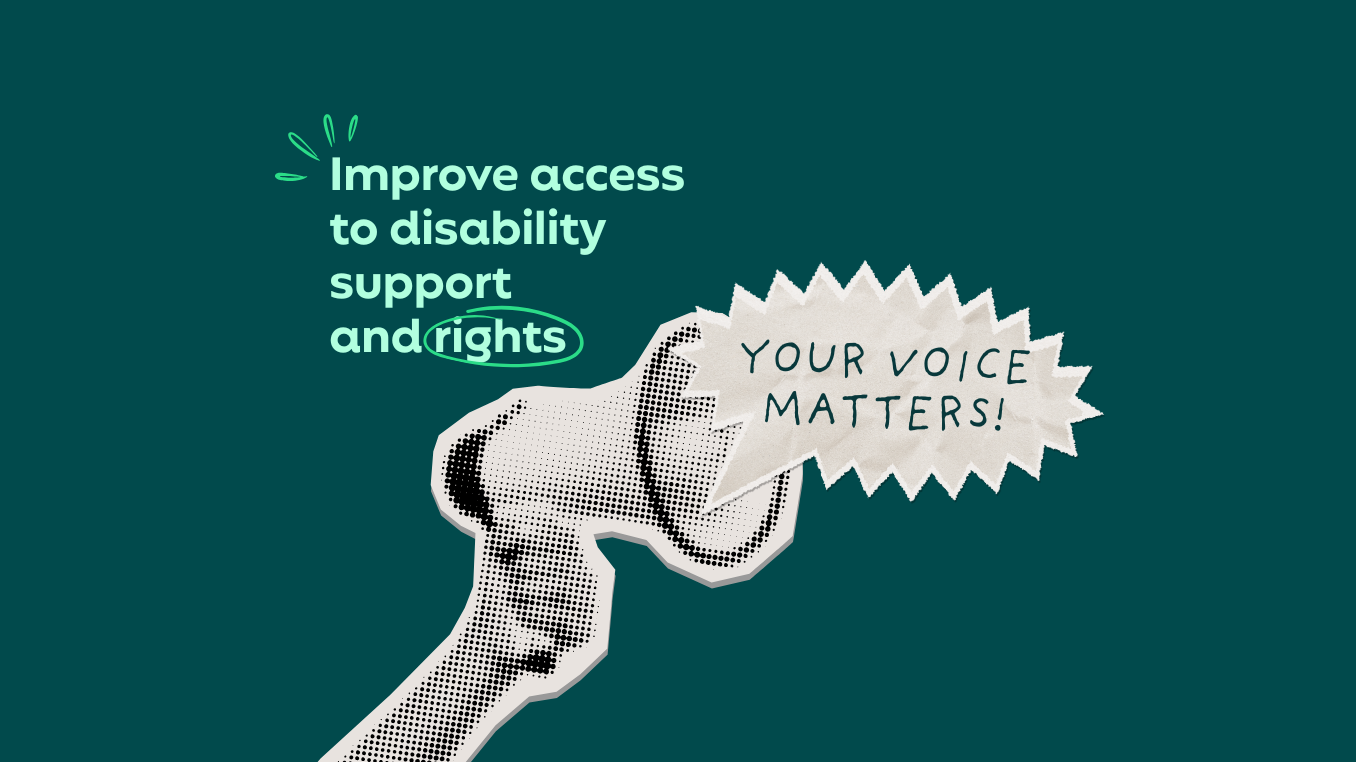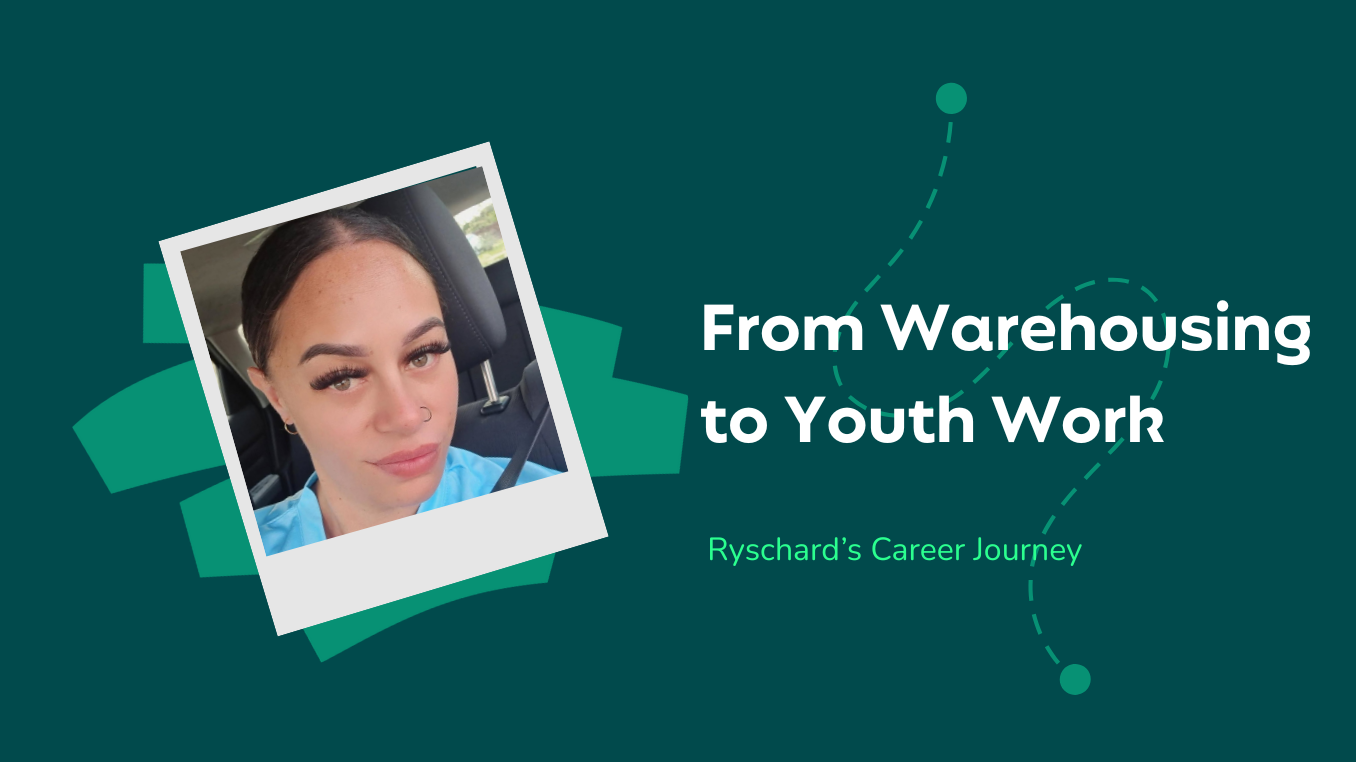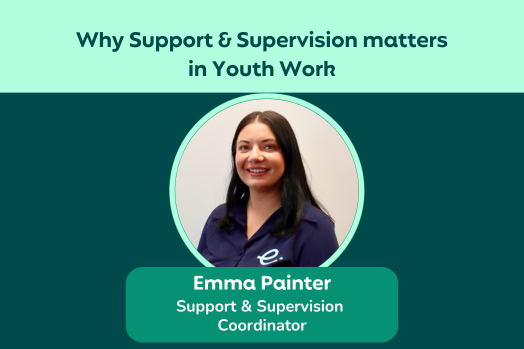How a contingent workforce has supported organisation growth
Overview
EBL Disability Services is a registered not-for-profit organisation that provides quality lifestyle support and accommodation services to people with disabilities.
Operating across South Australia, EBL offers services designed to support individuals and their families from childhood through to adulthood in line with the NDIS practice standards and code of conduct.
Client Scenario
For EBL, the need for a contingent staffing solution became apparent nearly 10 years ago when a senior manager approved leave for nearly 50% of frontline staff at the same time. As a disability support provider, they faced the challenge of finding quality staff at very short notice familiar with the intrinsically complex and nuanced work.
When EBL engaged Edmen Community Staffing Solutions, the Client Service Management team recognised the importance of creating an end-to-end staffing solution that would deliver work-ready Support Workers to compliment EBL’s permanent frontline workforce. This needed to be aligned to EBL’s internal processes, support their EBA and built on a foundation of trust.
An Integrated Workforce Solution
Edmen worked closely with EBL to create a bespoke solution that would meet their staffing requirements. This was tailored to EBL’s requirements around preselection, agency staffing and rostering, 24/7 on-call processes.
Pre selection of frontline workforce: Edmen’s dedicated team of Recruitment Consultants source, recruit and onboard frontline workers on behalf of EBL. Selection and induction processes are mapped to EBL’s requirements, core staff competencies and workforce frameworks. Once onboarded and screened by Edmen, staff are vetted by EBL, then embedded and treated as part of the wider team. Competent workers identified as a good fit at EBL are often transitioned into permanent roles.
Agency staff and 24/7 On-Call: Edmen provides a streamlined process for EBL to access Edmen staff 24/7 hours a day. By dealing directly with Edmen’s Afterhours team, EBL can request staff for last minute shifts or for emergency cover. Edmen Support Workers now make up approximately 30% of EBL’s entire workforce. Maintaining this contingent portion enables EBL to increase organisational responsiveness and ensures they have the right staff to respond to client’s requirements.
Roster management: A core component of the workforce partnership is roster management. Edmen rosters both EBL’s casual and permanent frontline workers on a monthly basis. Prior to partnering with Edmen, EBL would roster staff a week in advance which was time-intensive process that saw the Operations Manager take up to 80 phone calls a day.
Client Benefits
Through the partnership with Edmen, EBL has been able to scale their service delivery to meet growing demand customer demand. This has contributed to their impressive growth over the last 10 years – with headcount expanding from 20 to 200 and annual turnover increasing from 1.4 million to 19.7 million.
“Edmen has been able to provide the human resources to enable us to scale quickly and help meet growing demand”.
Low staff turnover
Central to the success of the workforce partnership has been EBL’s commitment to integrate Edmen staff as a true extension of their team. When orientating Edmen staff, EBL makes it a top priority to ensure they are made to feel welcome and part of the broader ELB team.
CEO, Wendy says “Edmen staff come to us well trained and with very clear expectations. It’s important they recognise that they are part of our team and our community. That’s why we have Edmen staff that stay with us for a very long time.” This approach has been central to EBL achieving an impressive 92% staff retention rate.
Risk and compliance management
Edmen’s contingent staff that come to EBL trained and available as-needed have been a great benefit of the workforce solution. EBL’s CEO, Wendy, says they have a very thorough approach to worker screening and training given the complex nature of the work and due to the fact EBL takes responsibility as the licensee.
As well as frontline worker screening, hiring and training, Edmen supports EBL with staff performance management. If there is an incident, Edmen can respond quickly to carry out independent interviews and put individual performance plans in place. This has helped EBL shape and implement best practice procedures to reduce risk and reinforce their commitment to safety across its contingent workforce.
Improved operational efficiencies
Through outsourcing the pre-employment selection, onboarding, rostering and other contingent staff functions to Edmen, EBL has help streamline HR processes and removed the need for EBL having to undertake non-core tasks – something Wendy says has helped with both cost savings and quality.
Since partnering with Edmen, Wendy says EBL’s Operations Manager phone calls has gone from 80a day to around 10-15 calls a day. With less time spent on administrative staff related tasks, EBL can dedicate more time to client service delivery to provide the best possible support.
“If it wasn’t for the relationship and trust we’ve built with Edmen, we wouldn’t have handed over our business like we have. There’s been a lot of effort been put in by Edmen to build that trust and that’s about being responsive when there is an issue”.
Edmen is proud to work alongside EBL and boast a genuine workforce partnership that has helped our client scale to support more people with disabilities to live meaningful lives.
Edmen continues to work with EBL Disability Services today, a relationship that now stands at nearly 10 years.
Need a staffing partner for your community service organisation? Get in touch with us to discuss how we could help your community organisations.
Edmen Community Staffing Solutions Blog





Edmen Community Staffing Solutions Blog





Edmen Community Staffing Solutions Blog
















